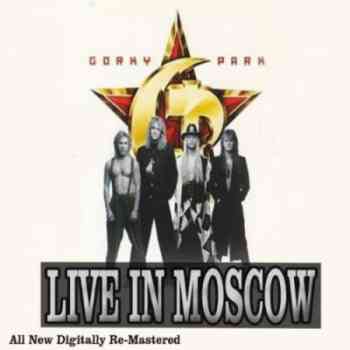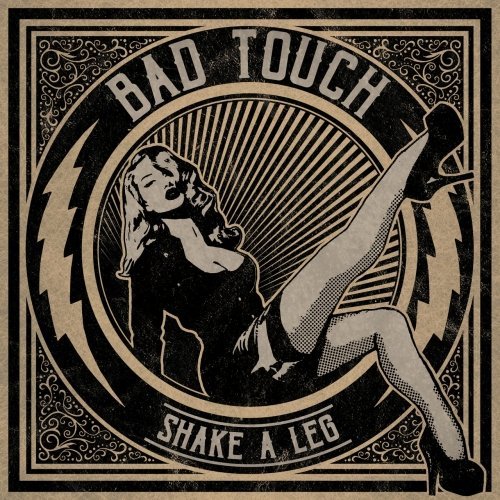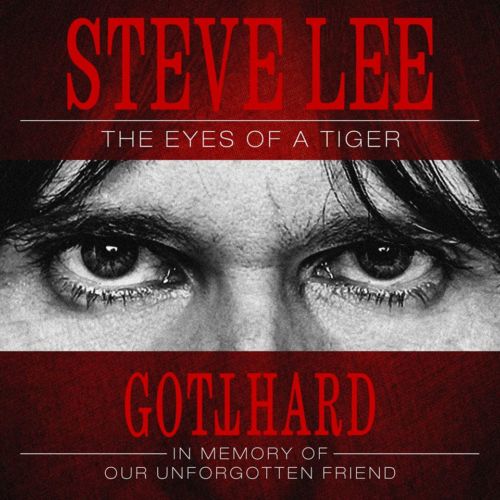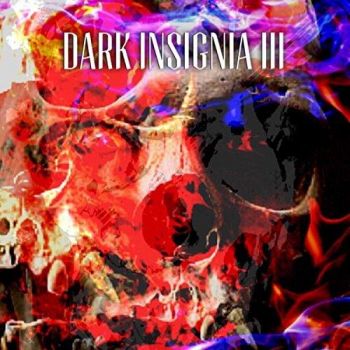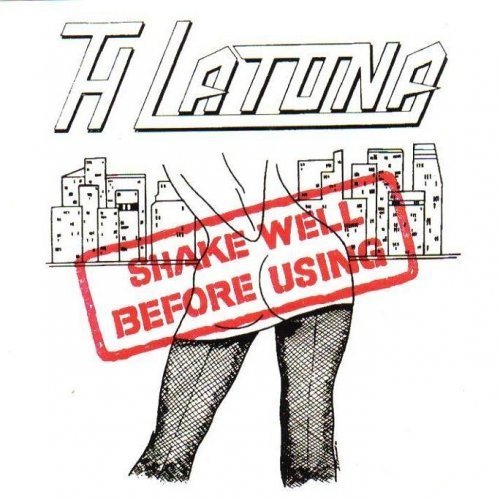yes!eahhh!!...now
In 1987 guitarist Alexey Belov, vocalist Nikolay Noskov, bassist Alexander "Big Sasha" Minkov, guitarist Jan Ianenkov, and drummer Alexander Lvov (formerly from Aria) came together to form Gorky Park. Stas Namin, a famous 70's soviet musician, became the band's manager. Because Gorbachev lifted the censorship, many underground rock bands, including Gorky Park, became able to receive more widespread popularity. Later that year the band left Russia for the United States in search of a record deal.
In the U.S. the band soon made some connections in the record business. One of the first people to take notice was famous guitarist Frank Zappa.Jon Bon Jovi and Richie Sambora also helped them to secure a deal with Mercury Records.
The band released a self-titled debut album in 1989, featuring initials 'GP' stylized as a Hammer & Sickle on the cover. With the fall of the Iron Curtainand a growing interest in Soviets to western countries, Gorky Park soon became widely known. The band seemed to be a kind of symbol of American-Russian friendship. The band's first video, "Bang," received MTV rotation. Their next two singles, "Try to Find Me" and a collaboration with Bon Jovi, "Peace in Our Time," received rotation on mainstream radio stations.
Gorky Park participated on that year's Moscow Music Peace Festival alongside Bon Jovi, Mötley Crüe, Skid Row, Cinderella, Ozzy Osbourne andScorpions. Gorky Park joined the other acts from the Moscow Music Peace Festival in the compilation album Stairway to Heaven/Highway to Hell. Which included each of the bands performing one song from an artist who died from, or a band who lost a member to, drug problems. Gorky Park's contribution was a cover of The Who's My Generation.
The band continued into 1990 touring with Bon Jovi and performing at the Goodwill Games opening ceremony. Gorky Park live shows often featured the band dressed in traditional Russian style, waving Soviet and American flags. In 1991 the band received Scandinavian Grammy award as the best new international act.
As Perestroika era came to its end, the group's fame in America subsided rather quickly. Nikolai Noskov left the band in 1990 but Gorky Park remained active and kept releasing albums in the '90s with Minkov taking over as lead vocalist. 1993's Moscow Calling, produced by Fee Waybill, sold 500,000 copies outside the US. Their next album, Stare, came out in 1996, released only in Russia, followed up by promotional tour of the former USSR states. In 1998, the band released Protivofazza. In 1999, Alexander Minkov left the band and started his solo career under the stage name Alexander Marshall. Gorky Park was never officially claimed to disband, but actually inactive since 2001. Belov and Yanenkov continue to perform Gorky Park songs in their band "Park Belova" (Belov Park).
Since then, Gorky Park made several brief re-unions in festivals. On September 12, 2007 the band headlined Bridge of Friendship and Warmth festival in Yerevan, Armenia. In 2008, Gorky Park received Muz-TV award for contribution to Rock music and performed Moscow Calling with Alexander Minkov.[citation needed]
Gorky Park was mentioned on an episode of Saturday Night Live's skit "Wayne's World." The band ended up on Wayne and Garth's list of the top ten bad things about the fall of the Soviet Union. The duo claimed with the collapse there would be "No more cheesy behind-the-iron-curtain hard rock bands like Gorky Park
1. Bang
2. Within Your Eyes
3. Please Try and Find Me
4. My Generation
5. Hound Dog
6. Rock 'n' Roll
7. Long Tall Sally
8. Rock 'n' Roll - Reprise
unibytes
gigabase
share4web
Gorky Park – Live in Moscow 2012
 |





